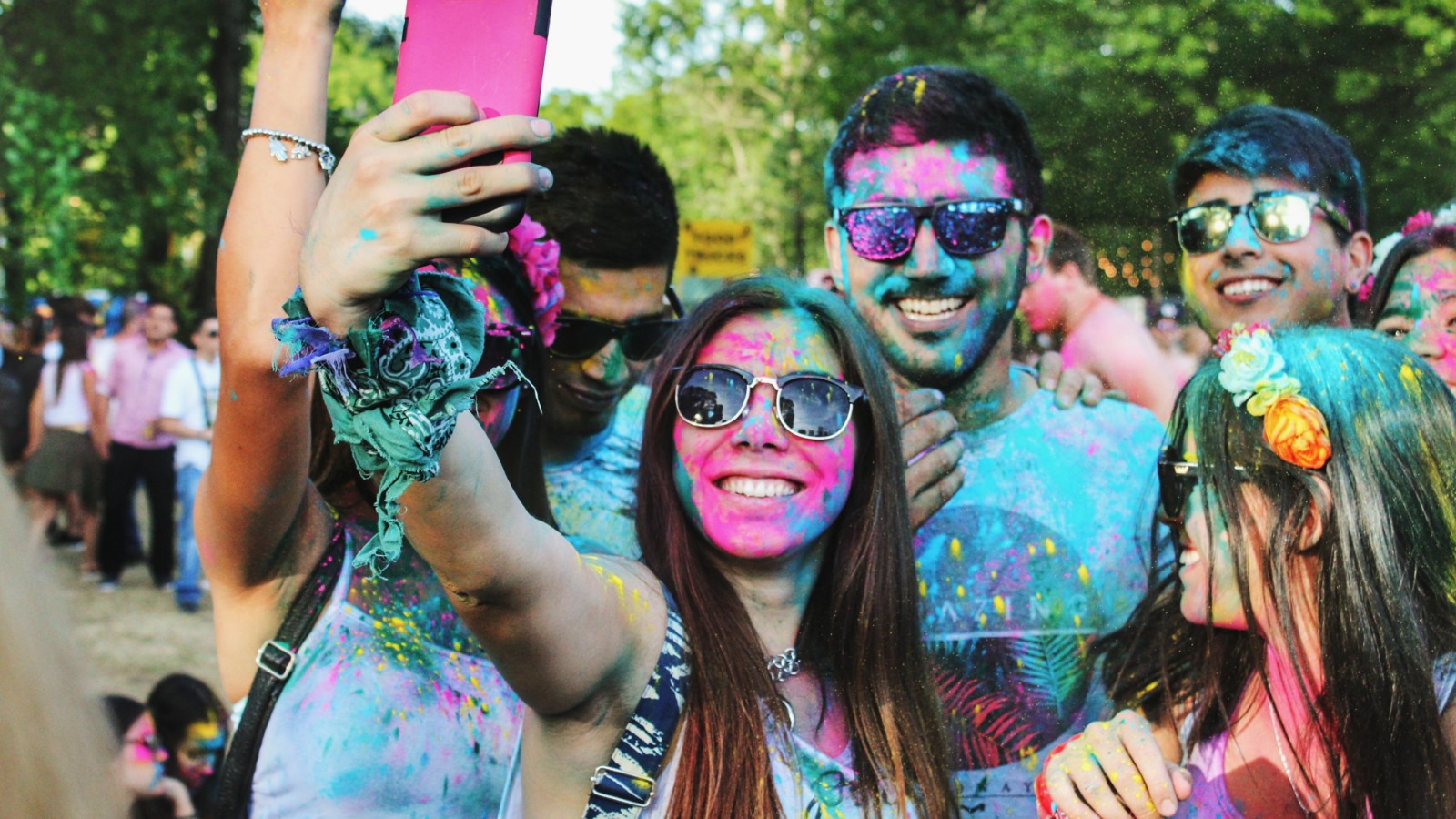Despite earlier warnings to the contrary, a comprehensive new study shows that using social media platforms like Twitter and Facebook can improve children’s resilience and have a positive influence on mental wellness.
Resilience and Courage
When I started looking at habit development and how it relates to psychological resilience, my research took a huge leap forward.
I’ve realized that courage is primarily a matter of psychological fortitude. Although you experience stress, you are mentally robust to it. You’re constructing a strong foundation for yourself.
So, what should you do if you care yet aren’t especially resilient? What do you do when the onslaught of events makes you feel less capable rather than more capable?
Each of the four acts listed below is linked to increased psychological resilience, according to a body of studies.
1. Obtain physical access.
Slow down, take a deep breath, and become aware of your body’s feelings and emotions. If you become sidetracked, bring your attention back to your breathing.
2. Listen without becoming emotionally involved.
Get present to what you’re thinking once you’ve accessed your body, but don’t get tied to believing or acting on your thoughts. Briefly it’s all about being aware. Although you are aware of your ideas, you do not believe that they are true. You’re not going to fall in love with anyone.
3. Make an effort to connect with others and form a community.
Make a daily commitment to read at least one article. And what if you get to the event and are completely overwhelmed? Talk to someone else and depend on them for support, become a community. Breathe deeply and pay attention to your body. Listen without getting attached. Limitations should be re-framed There are rumors that you shouldn’t be there or that you won’t be able to take it. Keep returning to the body.
People in positions of authority who do not want to relinquish their power will utilize exhaustion as a major tactic.
When you’re weary from what you’re reading, from the ways that various political activists throw grenades at one other for not achieving social justice right in each other’s eyes, from the sheer quantity of things out there, most people simply walk away.
Individuals have been thrust into a new world as a result of the COVID a caused global disaster. Individuals today face financial and social uncertainty, as well as the desire to protect and be protected from the consequences of the new way of dealing with life and its challenges. Individuals lost a significant amount of socioeconomic resources, causing them to become more resilient. This is where technology plays a key part, as it provides chances for networking as well as accessing, generating, and sharing new knowledge, allowing individuals to acquire the resources and skills they require to overcome adversity in situations like those described above.
Online networks like EarthWeb help us preserve our feeling of belonging and our capacity to voice ideas that would otherwise be limited by time or geographical constraints, and they may often give the information and tools we need to deal with the perceived danger. However, we haven’t taken into account the significance of the environment of internet connectivity resulting from differences in social media use and socioeconomic differences to some extent.
Users may have varying motivations and perspectives on how to effectively meet their online requirements. While they are aware that using social media might help them strengthen their social ties and resilience, they may nevertheless opt not to do so. As a result, we need a more in-depth examination of user profiles and needs to determine whether the virtual environment is the ideal approach to achieve a sense of stability and empowerment that will help us cope with the COVID-19 crises’ adversities and build our resilience. As a result, we might assume that using social media has no effect, or that it has both good and bad consequences.


